Meet Kris Pessarra | Chef and Entrepreneur
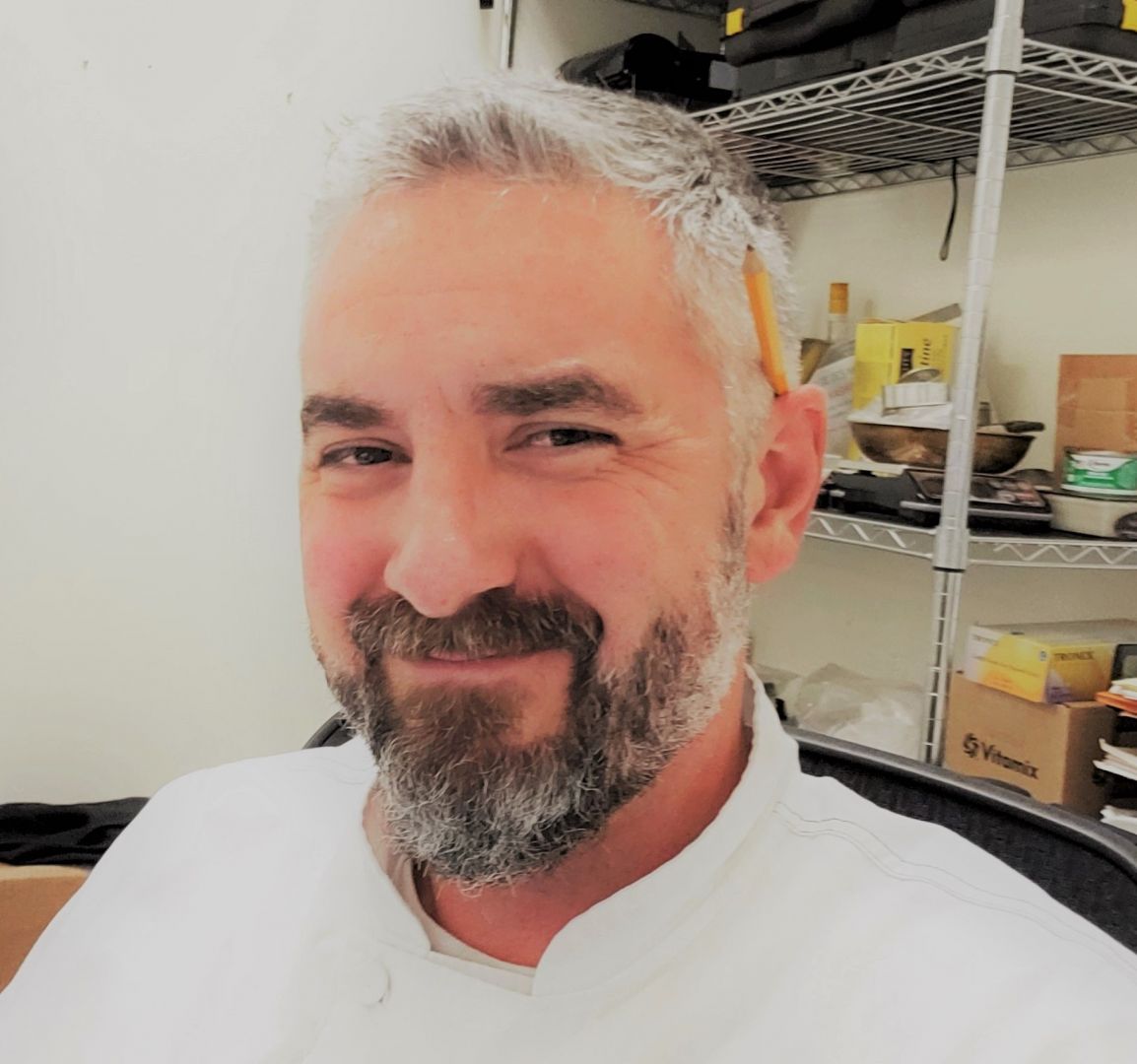
We had the good fortune of connecting with Kris Pessarra and we’ve shared our conversation below.
Hi Kris, how do you think about risk?
I’ve always thought of risk as falling into two different types. Those being the calculated variety and the spontaneous variety. I feel both are necessary in life and especially a new enterprise that has any chance of being economically viable and long-term sustainable. As one goes through life and their respective careers and, you’re hopefully paying attention along the way, there should be enough life data for you to uncover your risk tolerance and how you process decisions. You have to be comfortable with unknown outcomes.
The calculated risk piece is probably the most important of the two. You take a ‘risk’ because of all that accumulated input gives you a starting point and the basic components to start a new direction on something. Calculated risk also serves as a starting point and lays out initial the framework for your business or new life endeavors for that matter. I try not obsessing on this piece and trust that I’ve spent a responsible amount of time thinking through things before I move on and act. Besides, opportunity doesn’t often wait around forever and just about everyone has dealt with that on some level.
Spontaneous risk is little more organic but incredibly important in the creative process. The reality of starting a new business is that one is going to make a lot of early spontaneous decisions and most of the time, unilaterally. Qualified mentors are often few and far between and not obligated to provide you with any specifics on the startup process. Especially if you’re a potential competitor. So, you will have to trust that your calculated risk has set you up for success when you act spontaneously on something.
As time goes on and your life and business are starting to hopefully operate efficiently, you’ll take more calculated risks and less spontaneous ones, because you’ll have the applied life data. Then managing the two types of risk creates much less anxiety because you have a little more experience dealing with outcomes that have yet to be determined. Then you can scale your risk taking and creativity will flourish…or it has for me.
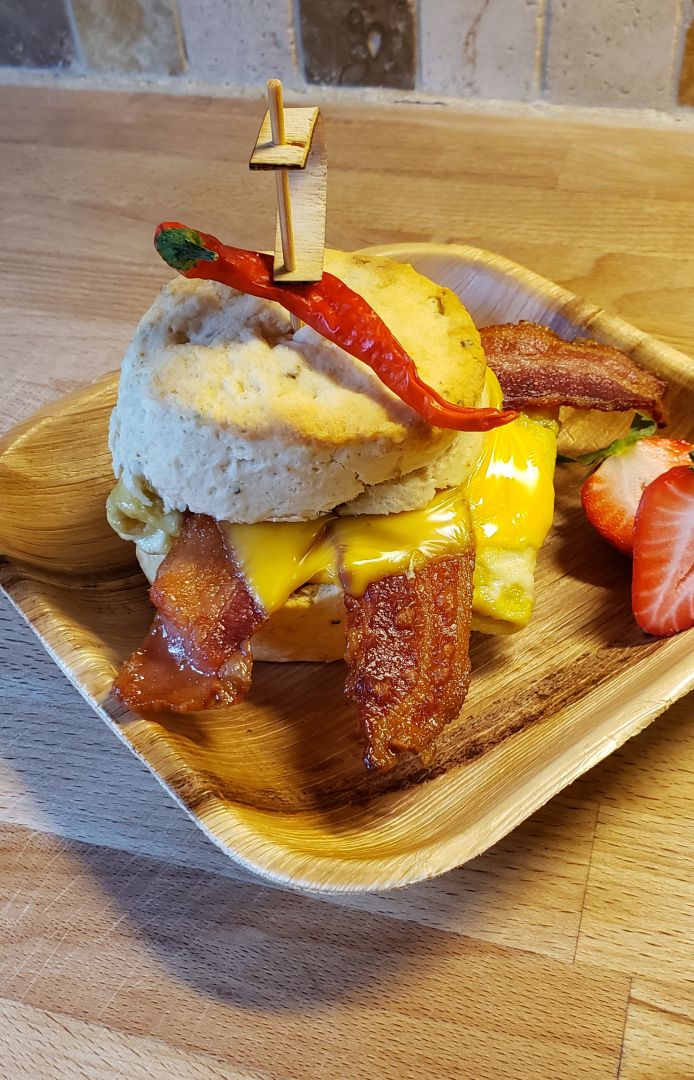
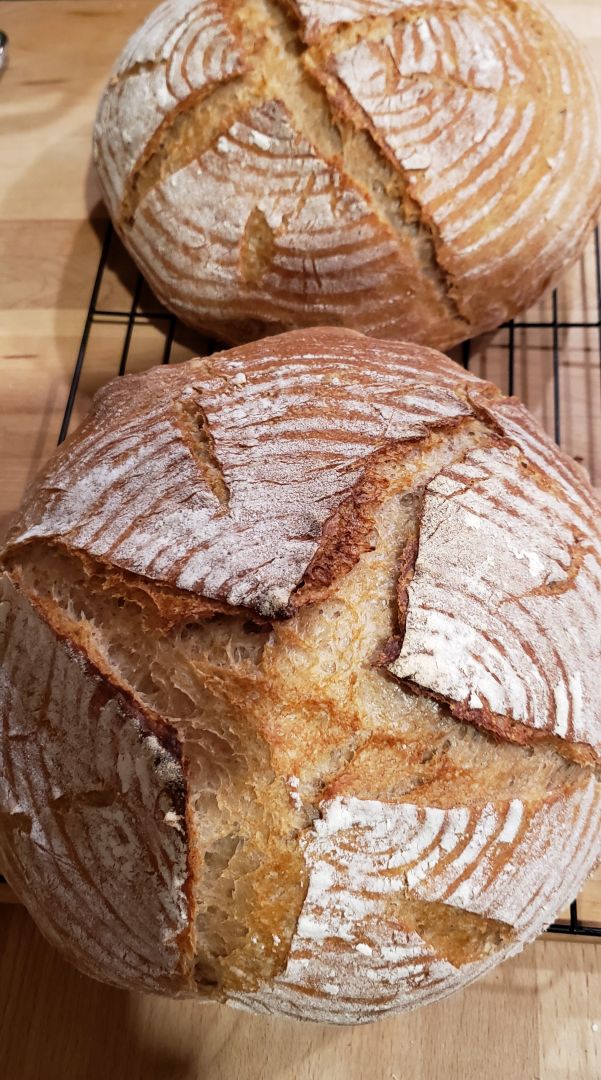
Alright, so let’s move onto what keeps you busy professionally?
Ever since I could remember I have always been infatuated about the process and technique that goes into making high quality artisan goods. I decided a long time ago to leave a job that wasn’t creatively fulfilling for me and trained in the culinary arts to become a chef. I essentially started over in that career and through many years of paying my ‘dues’ I worked my way up to lead some high-profile kitchens. It wasn’t easy and at times it could be discouraging. It provided a means of paying the bills and establish some sort of meaningful security net, but I would always gravitate back to learning how to craft something using raw, unpolished ingredients into something incredible. It’s a never-ending process for me and one that I have to do, or I feel lost. I honestly don’t do it for any potential notoriety, I just enjoy the satisfaction of knowing how to do something that hopefully provides some meaningful enjoyment for others. I
n this current cultural landscape, I feel like it’s up to artisans to make things that provide a common ground for people and perhaps a pathway to understanding each other.
If you had a friend visiting you, what are some of the local spots you’d want to take them around to?
I would probably take most visitors on a bike tour of Whiterock Lake assuming the weather was nice. It’s truly a top-notch natural outdoor oasis in a town not really associated with that sort of thing. We locals, treasure it and work hard to preserve it and it shows.
I would also take an out-of-town visitor to a few of my favorite lounges and dive-bars. Dallas is a vastly underrated city in that sense. Lakewood Landing, Here Lounge, Cosmo’s, the Goat, Shipps, the Libertine. I would put those up against any other city I’ve visited.
Food wise, I embrace the Texas/JR Ewing thing. You have to get world class barbecue at Cattleack, Pecan Lodge, or Slow bone. You have to get authentic TexMex and Mexican food at El Vecino and Las Almas Rotas.
I would also take them out to buy some genuine cowboy boots and maybe a metal show at Trees.
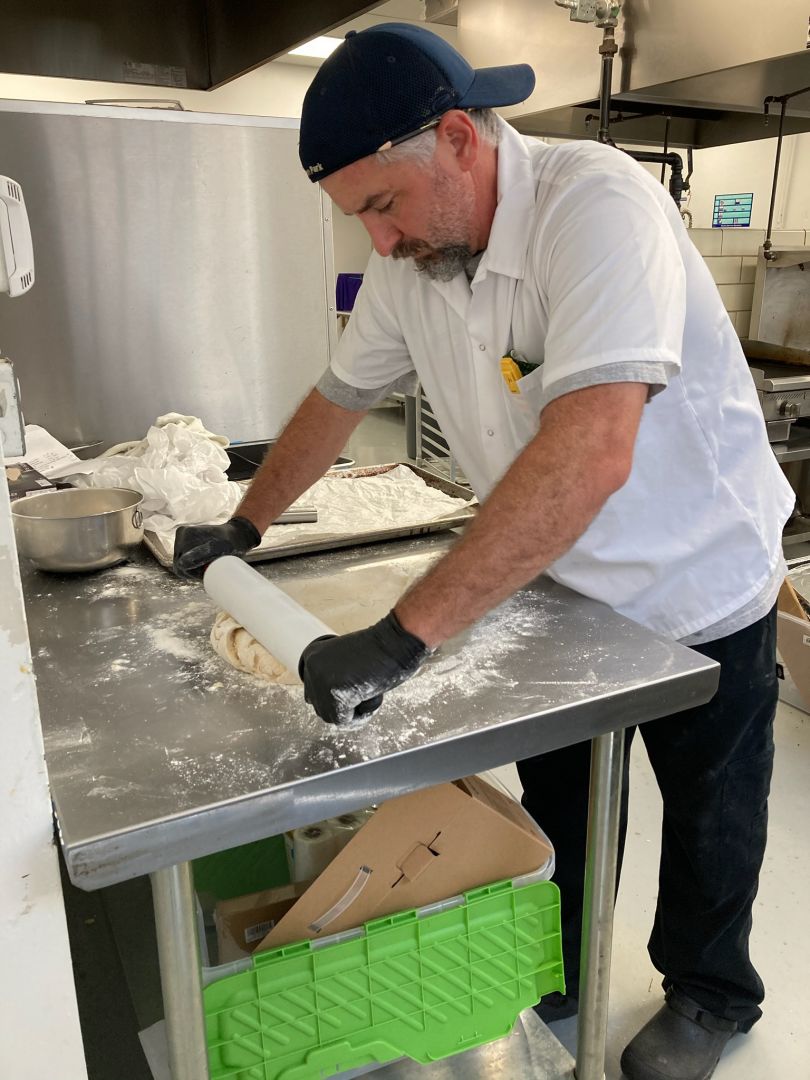
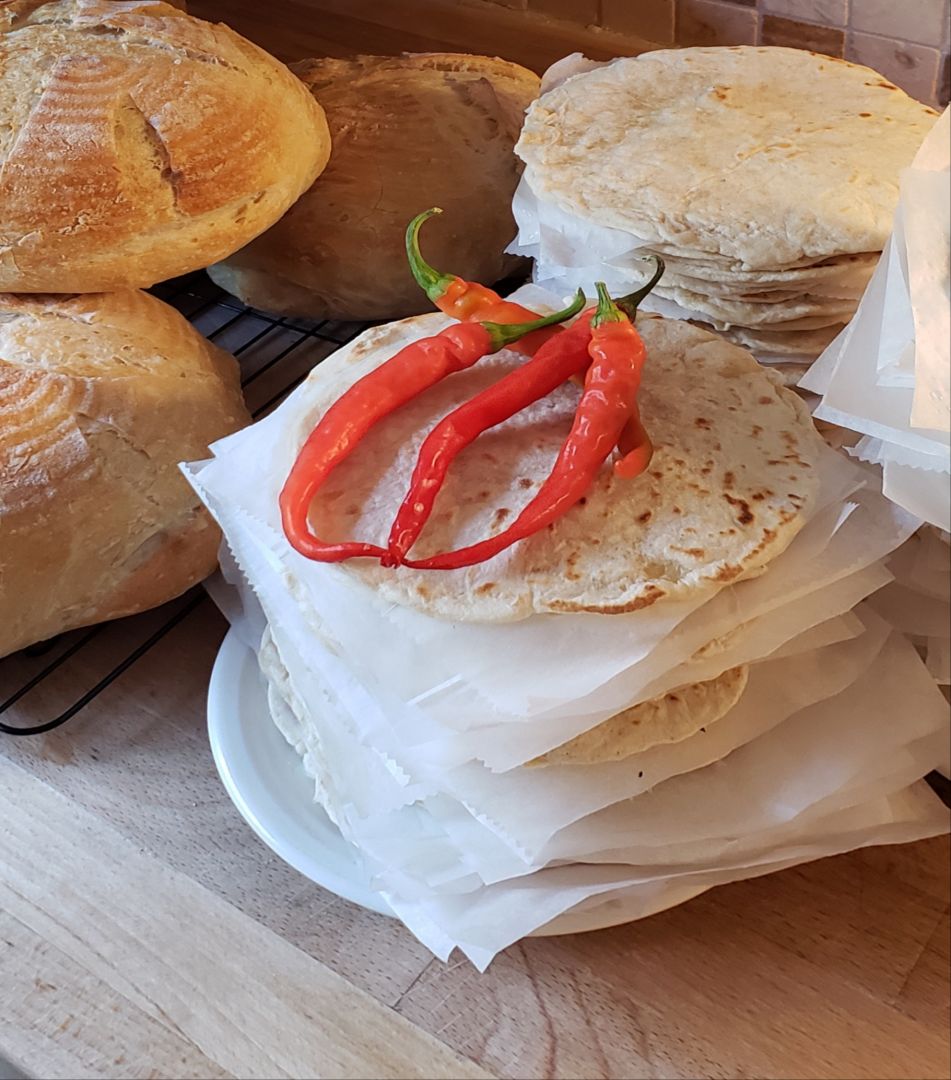
Who else deserves some credit and recognition?
My parents
numerous chef mentors and supportive staff in my culinary career
“Kitchen Confidential” by Anthony Bourdain
Website: https://bravadobiscuitco.com/
Instagram: https://www.instagram.com/bravadobco/
